Training Webinar
Model Regulation Guidelines for Energy-Efficient Ceiling Fans
4 April 2024, 14:00-15:30 UTC
Ceiling fans are a low-cost cooling option which enhance indoor comfort with power use typically less than 90 watts compared to room air conditioning systems, which typically use around 1500 watts. In countries such as India, they make up a substantial portion of residential electricity demand. There are approximately $8 billion in annual global sales of ceiling fans, and in most markets these products are unregulated beyond basic safety requirements.
There is a great opportunity to reduce electricity waste, including peak energy demand on the electricity grid. Minimum Energy Performance Standards and energy labels, if well-designed and implemented, are some of the fastest and most effective approaches to transition markets toward more energy-efficient products.
UNEP United for Efficiency’s (U4E) “Model Regulation Guidelines for Energy-Efficient Ceiling Fans” provide voluntary guidance to help developing and emerging economies undertake this transition.
This webinar provided participants with an overview of how and why the guidelines were developed, explained the contents, and offered practical examples of its application in real-world settings.
To download copies of the webinar presentations, click on the links in the agenda below.
Agenda
| Welcome, housekeeping and speaker introductions | Marco Duran, UNEP U4E | 14:00 –14:05 |
| Opening: Making the most of ceiling fans: Their role in energy efficient cooling | Sneha Sachar, Clean Cooling Collaborative | 14:05 – 14:10 |
| U4E Model Regulation Guidelines role, approach, and progress | Marco Duran, UNEP U4E | 14:10 – 14:15 |
| Introducing the new Guidelines for Ceiling Fans: Content and analyses | Max Wei, Lawrence Berkeley National Laboratory |
14:15 – 14:35 |
| Catalysing India’s Transition to Energy-Efficient Fans | Bishal Thapa, CLASP | 14:35 – 14:45 |
| Energy efficiency S&L for electric fans in China and its leverage for accelerating energy efficient standard harmonization in Southeast Asia | Tan Zheng, Energy Foundation China |
14:45 – 14:55 |
| Interactive Q&A (responses to written questions submitted via chat) | Moderator: Saikiran Kasamsetty, UNEP U4E |
14:55 – 15:25 |
| Closing Reflections on Next Steps for the Guidelines | Patrick Blake, UNEP U4E | 15:25 – 15:30 |

